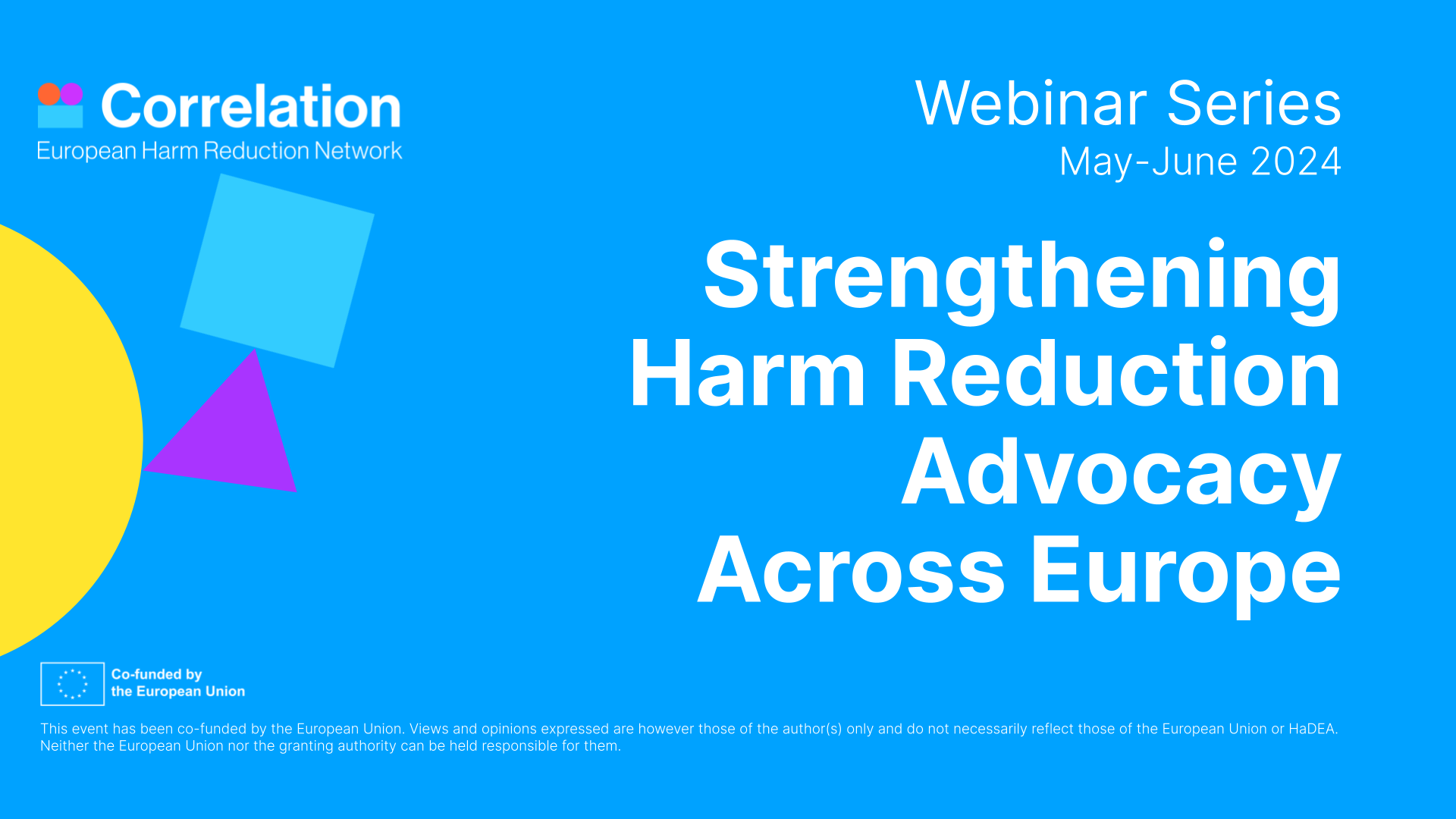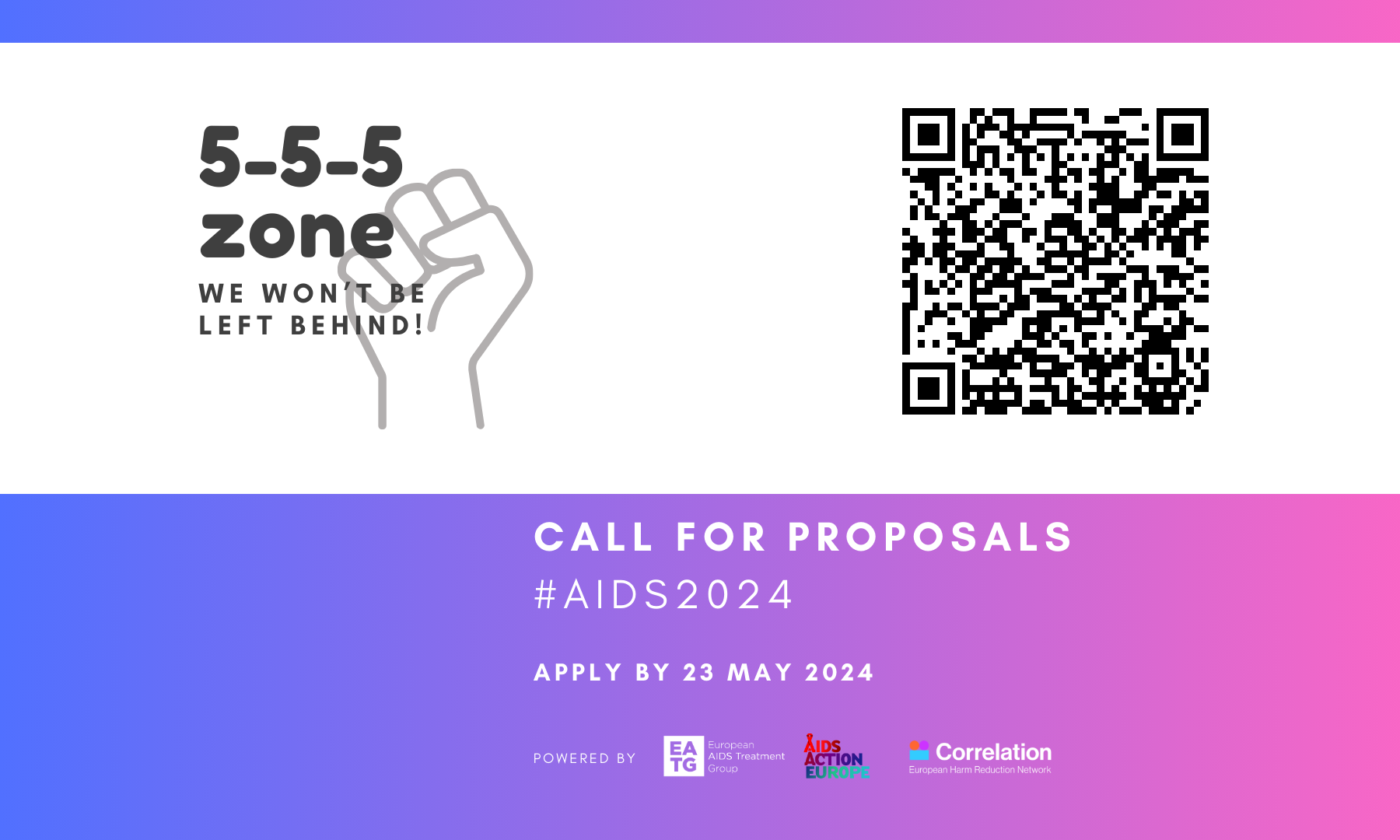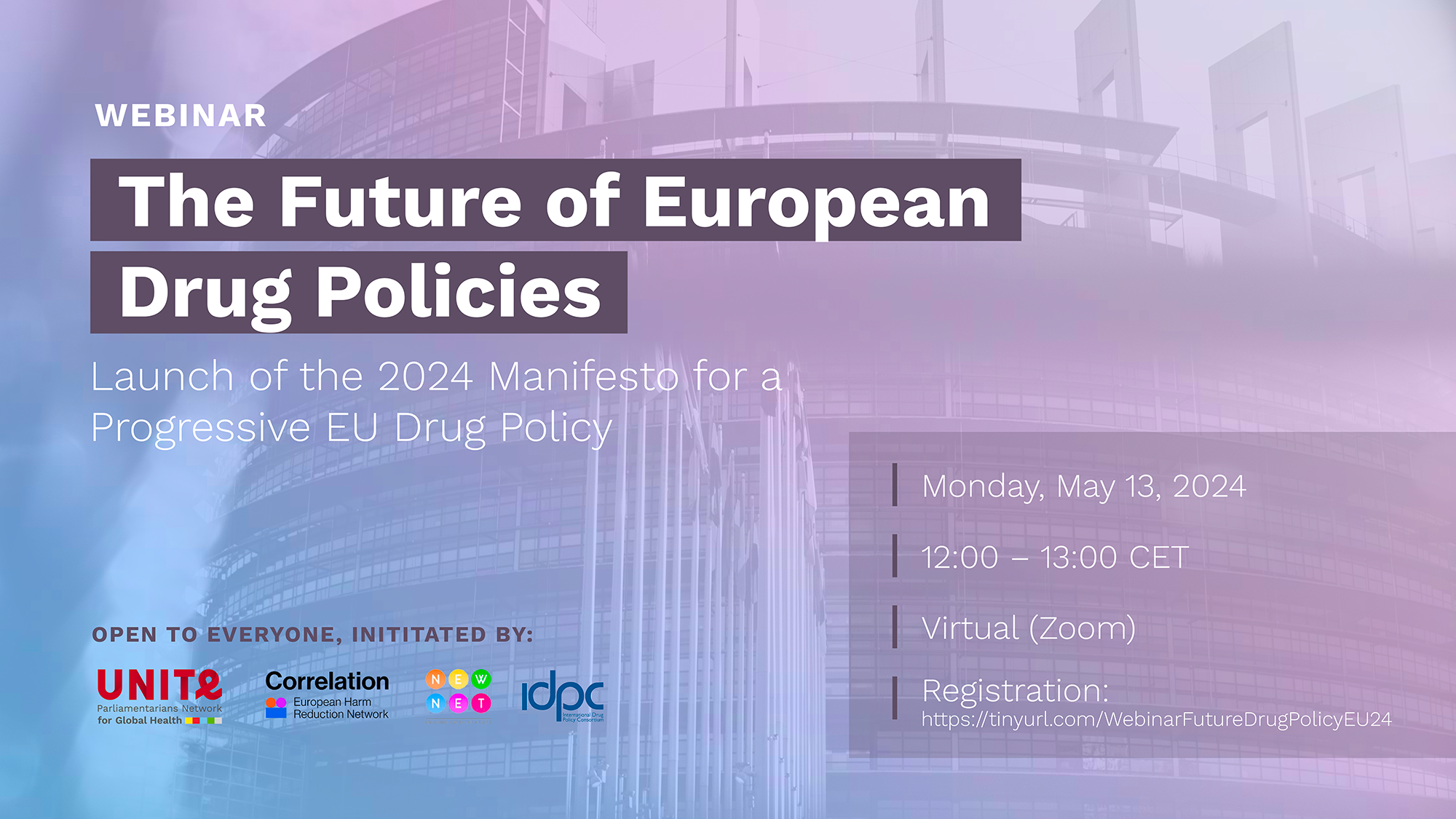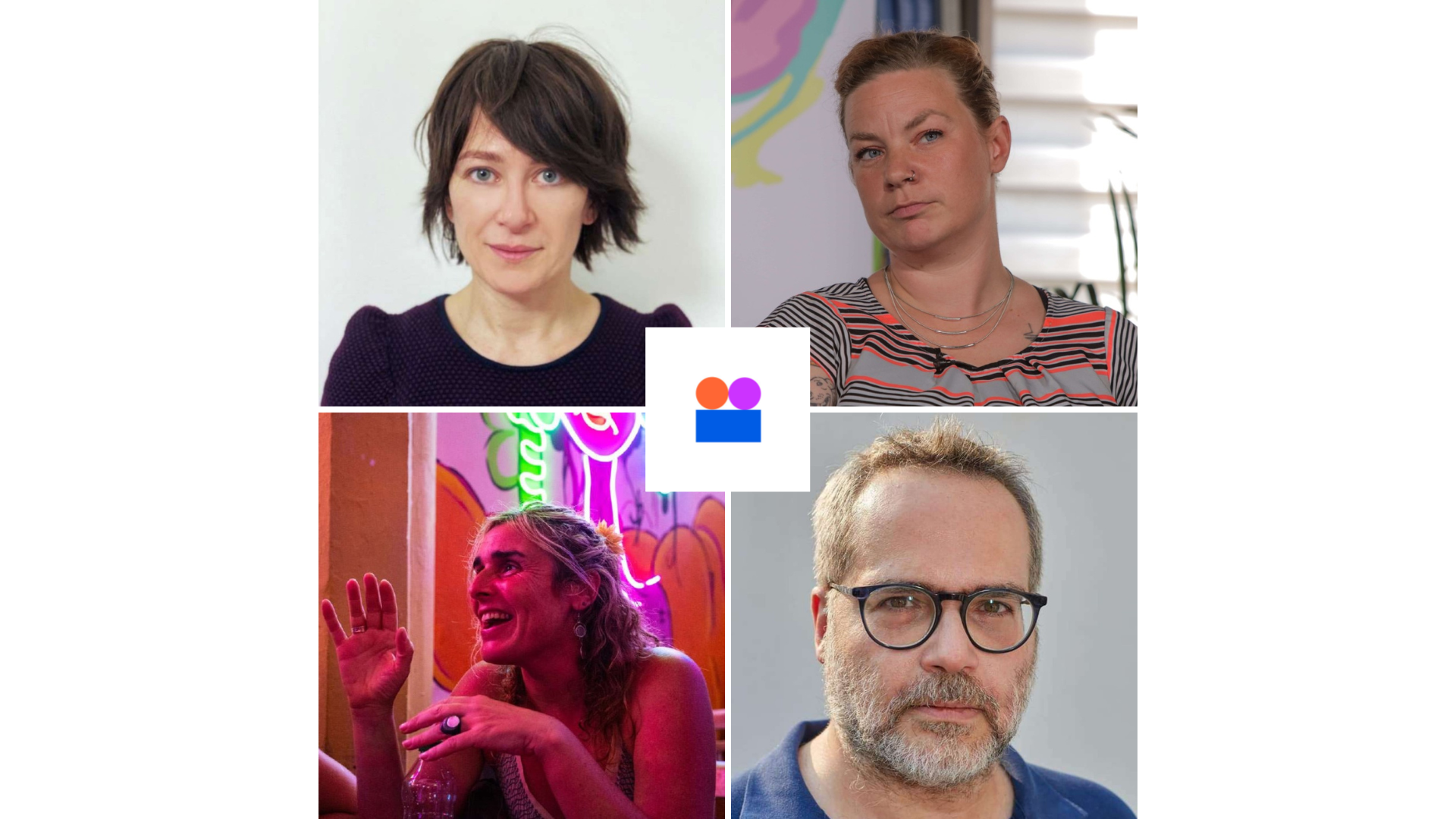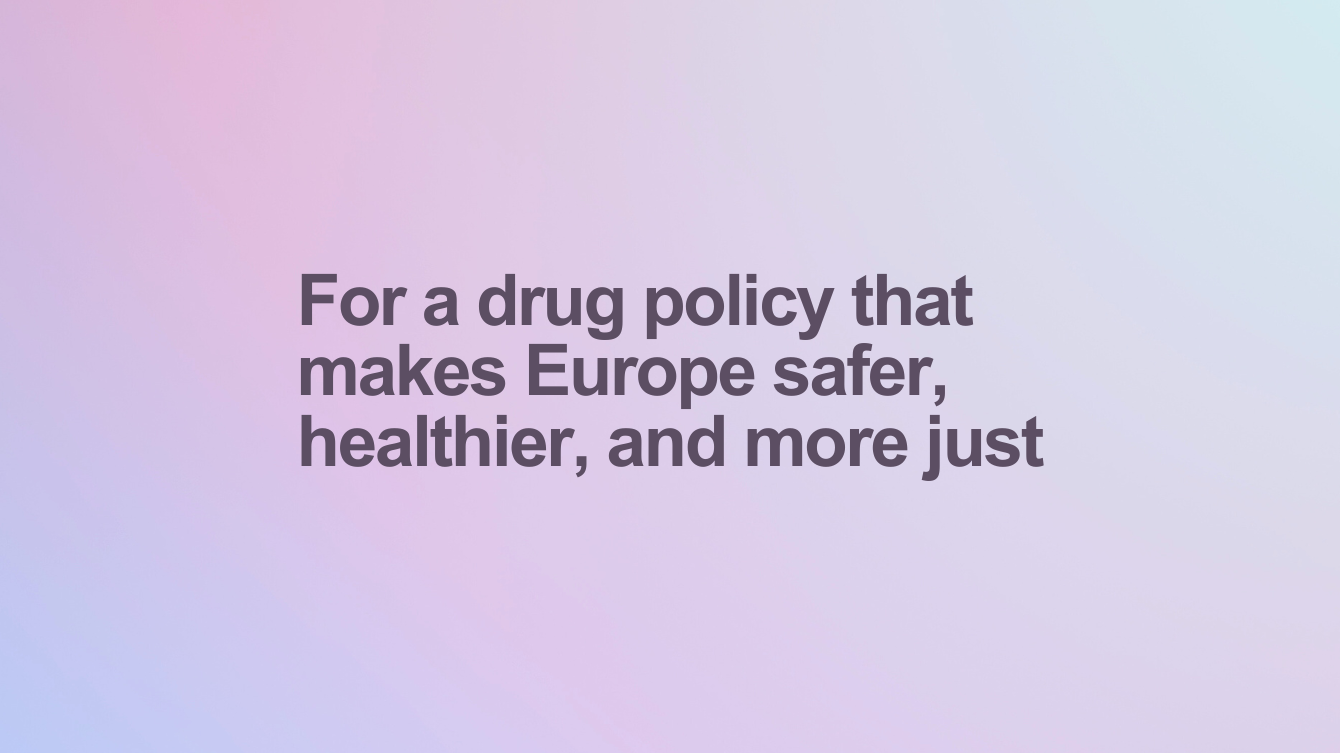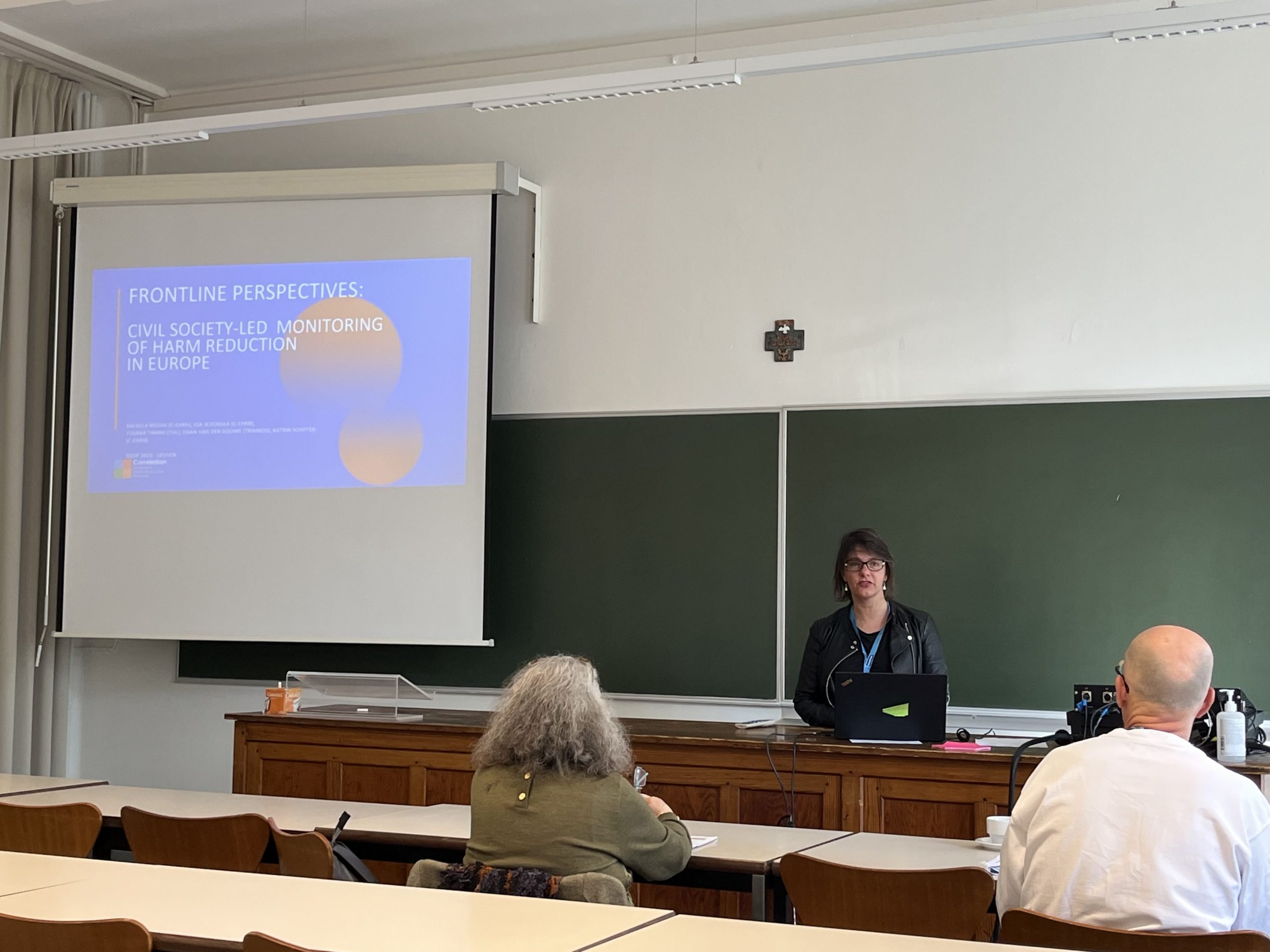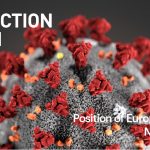Can you tell us about your background?
I don’t like the term “expert” so I just say I am an activist working in the field of drug policy reform advocacy. I am recently the director of the Rights Reporter Foundation, a small human rights NGO based in Budapest, and the chief editor of the Drugreporter website.
How would you describe your work in general?
What we try to do is to change policies and public attitudes on drugs and people who use them. We create contents such as online articles, blogs and videos to educate the public about the alternatives of current punitive drug policies, we advise decision makers, we document human rights abuses, we make the drug control system more transparent and accountable and we train and empower other professionals and activists to make their voices heard.
What drives you personally to work in your area of work?
I am a humanist in the sense how Thomas Mann defined this word: I love justice, freedom, knowledge, patience, humility, joy and doubt. For me, this is not only a profession but a lifestyle and philosophy too, I cannot breathe without trying to fight for these values. Not only for myself, but for those who are marginalised and excluded from society.
What is your current focus?
Usually, I work on many things simultaneously. But one of the questions that always kept me thinking is how social attitudes on drug policies are formed and how can we change them. I’ve just started my PhD at the ELTE university in Budapest, so now I will have an opportunity to research this question.
Why do you think that your current focus is important?
Because this is a key question for advocacy. We have been trying so many methods and tools to convince the public that harm reduction works or that we shouldn’t punish people for what they put into their own bodies. Some of them seemed to work, some of them didn’t, but still, we know very little about what arguments, messages are convincing and how they can change people’s attitudes to drugs.
Harm reduction is still underfunded in many countries, even if there is enough evidence that it works and is cost-effective. Why is that?
Tolstoy famously said “happy families are all alike; every unhappy family is unhappy in its own way.” Well, by filming about harm reduction in so many countries of the world, I have learnt that this is true for harm reduction in individual countries or cities. In some countries for example, it is simply lack of resources and commitment to support public health and social care in general. In other countries it is not about the lack of money but there is a very strong ideological opposition to harm reduction. And there are cities where the NIMB (not in my backyard) attitudes obstruct harm reduction. But at the core of these problems we always find the inequality and injustice of the societies we live in, the desire of the powerful to discipline and punish the poor and powerless and manipulate society with fearmongering.
Please tell us what harm reduction means to you.
I define it as the philosophy and practice of compassionate pragmatism. In regard to drugs and people who use them it means that we have to support people who use drugs where they are at, as citizens in need of help, with non-judgmental interventions that respect human rights and are based on evidence. Although harm reduction, as a term, is a double negation, it is important to recognize that what we fight for is not only “reducing harms” but to help individuals and communities to live in dignity, freedom and solidarity.


